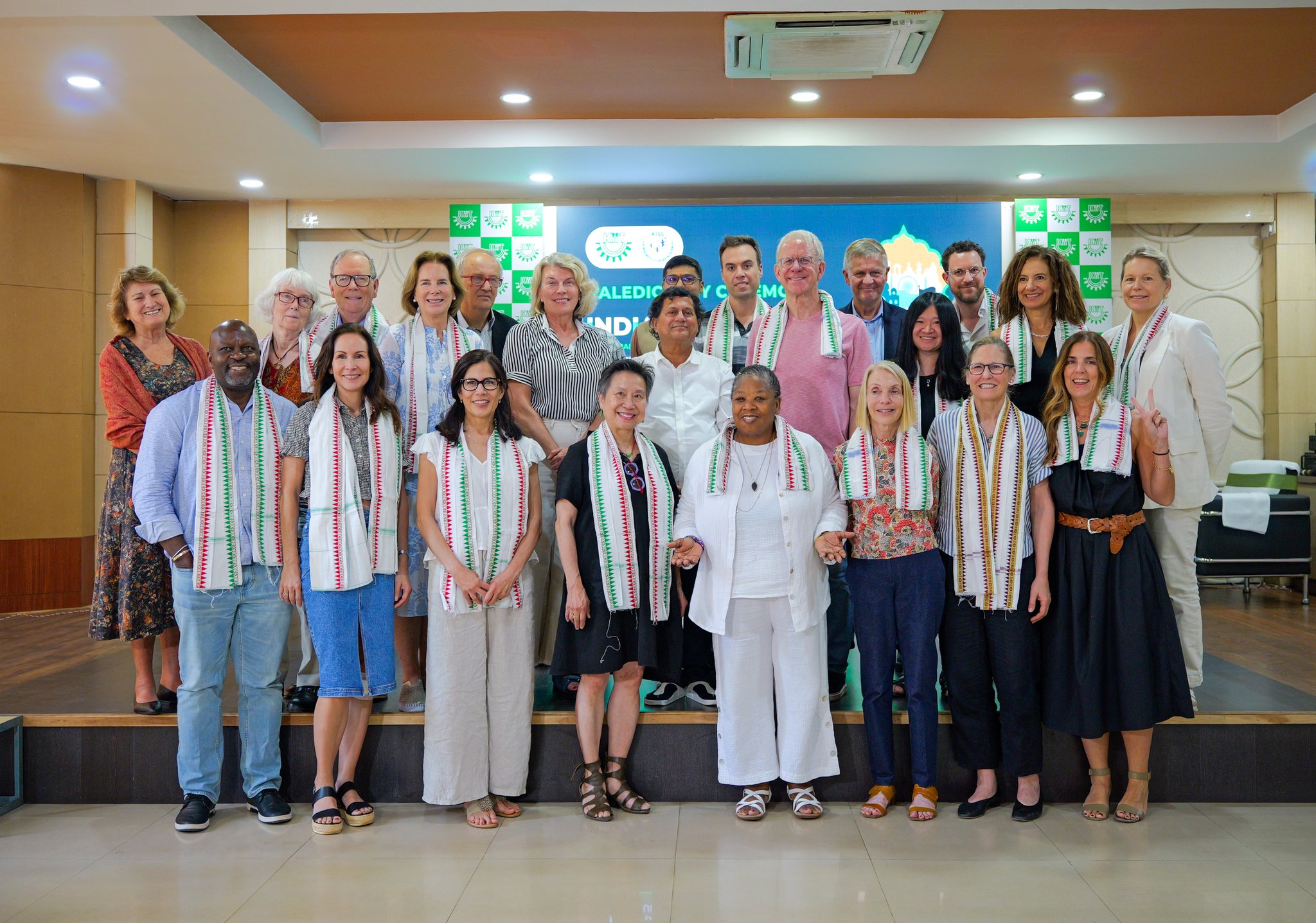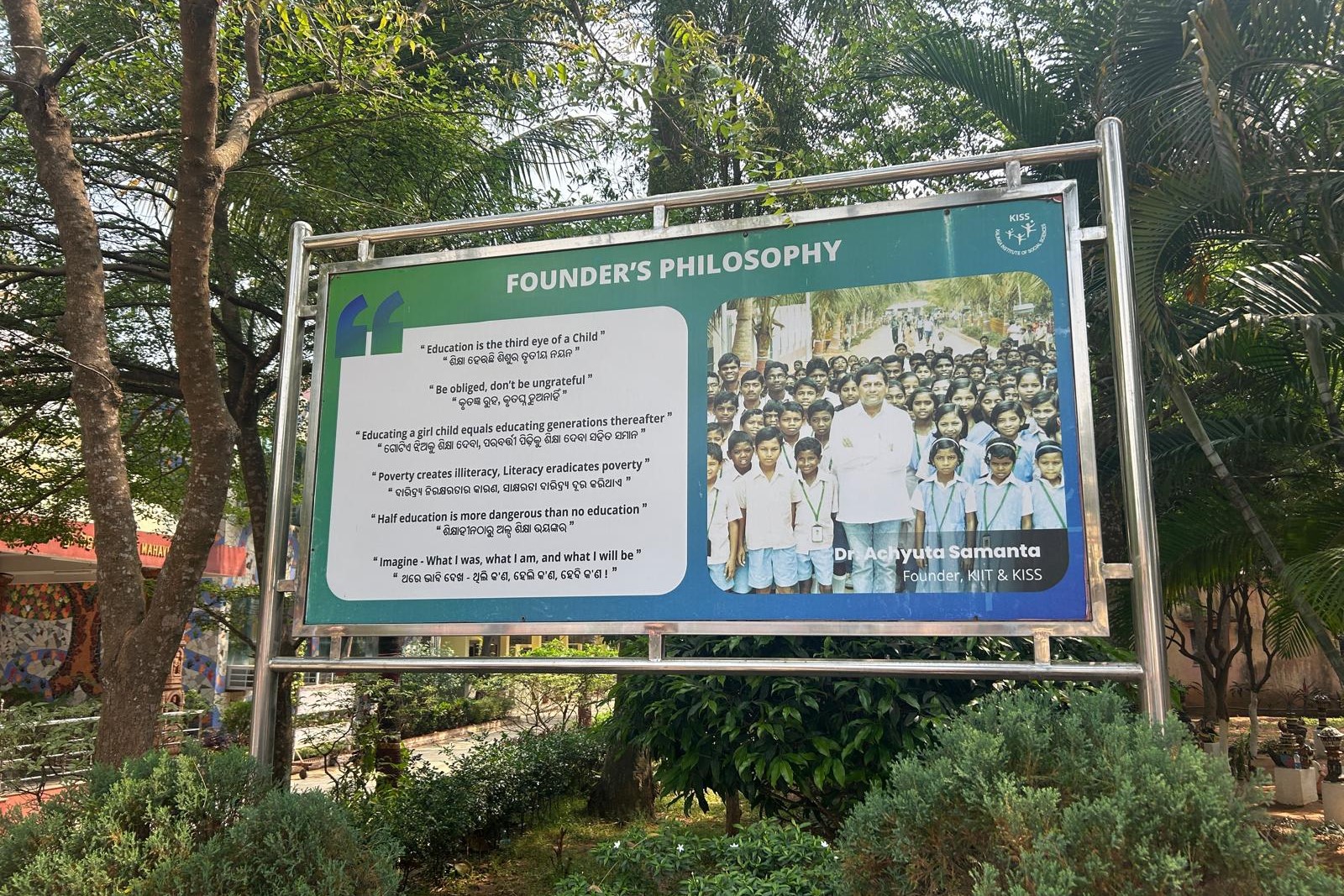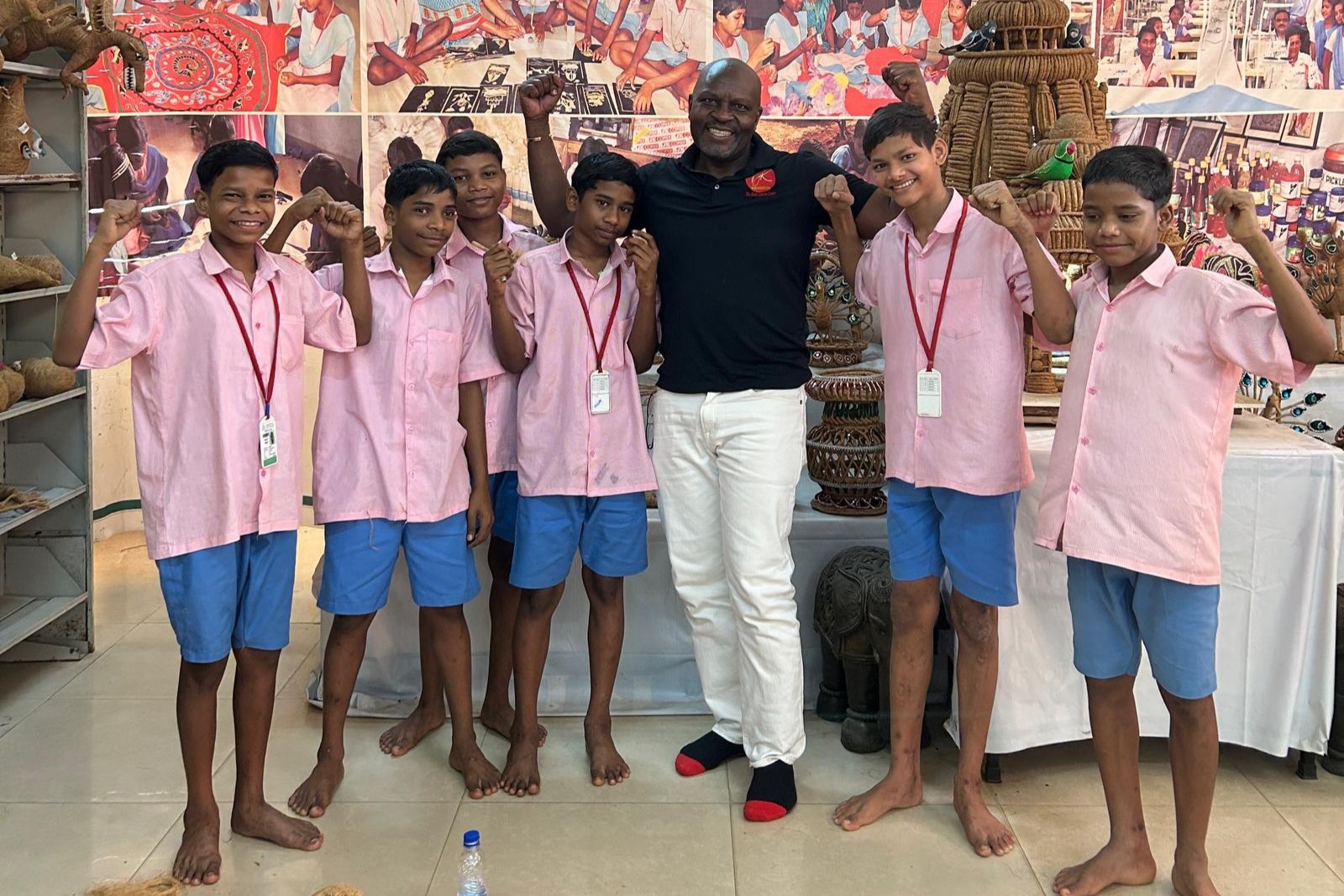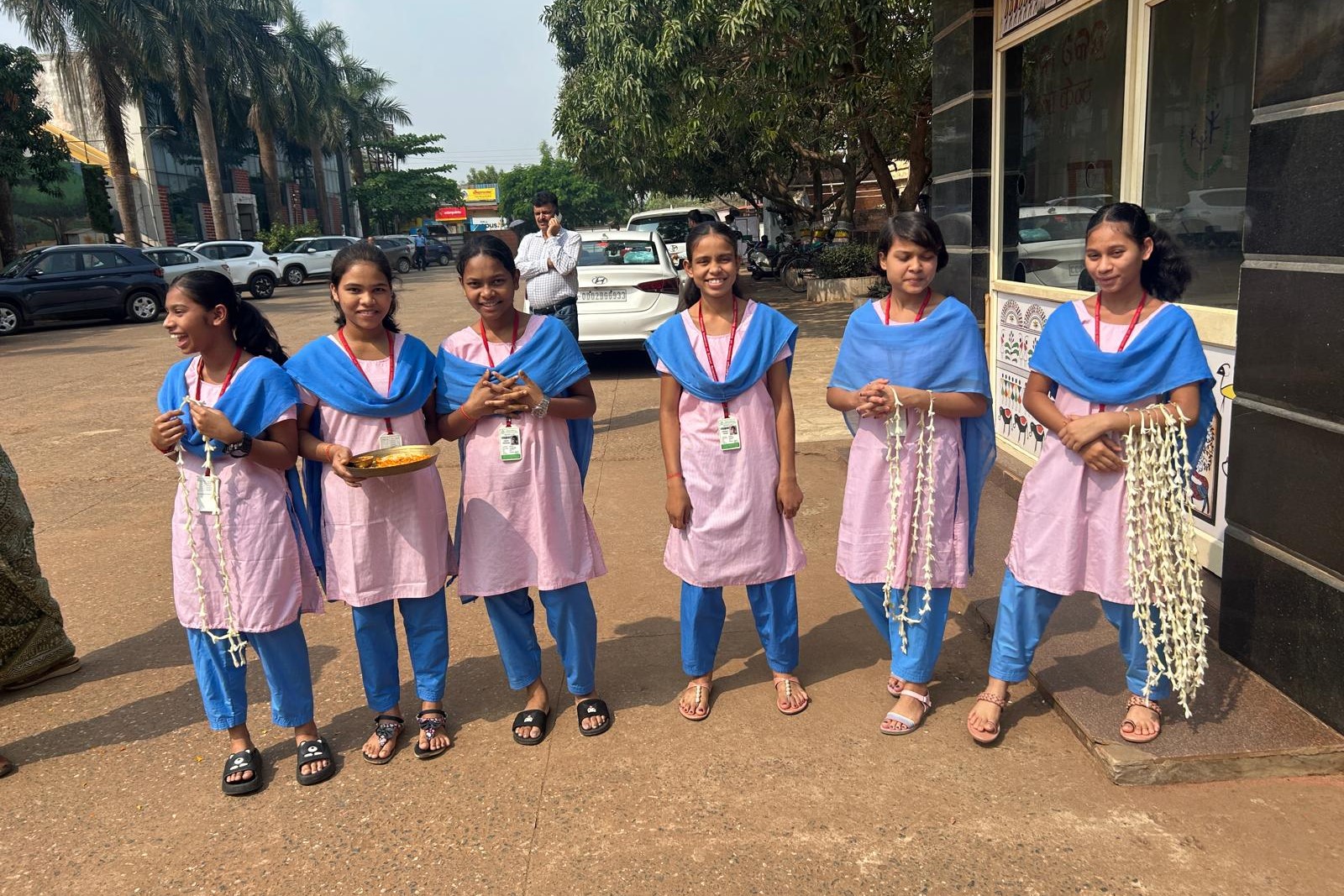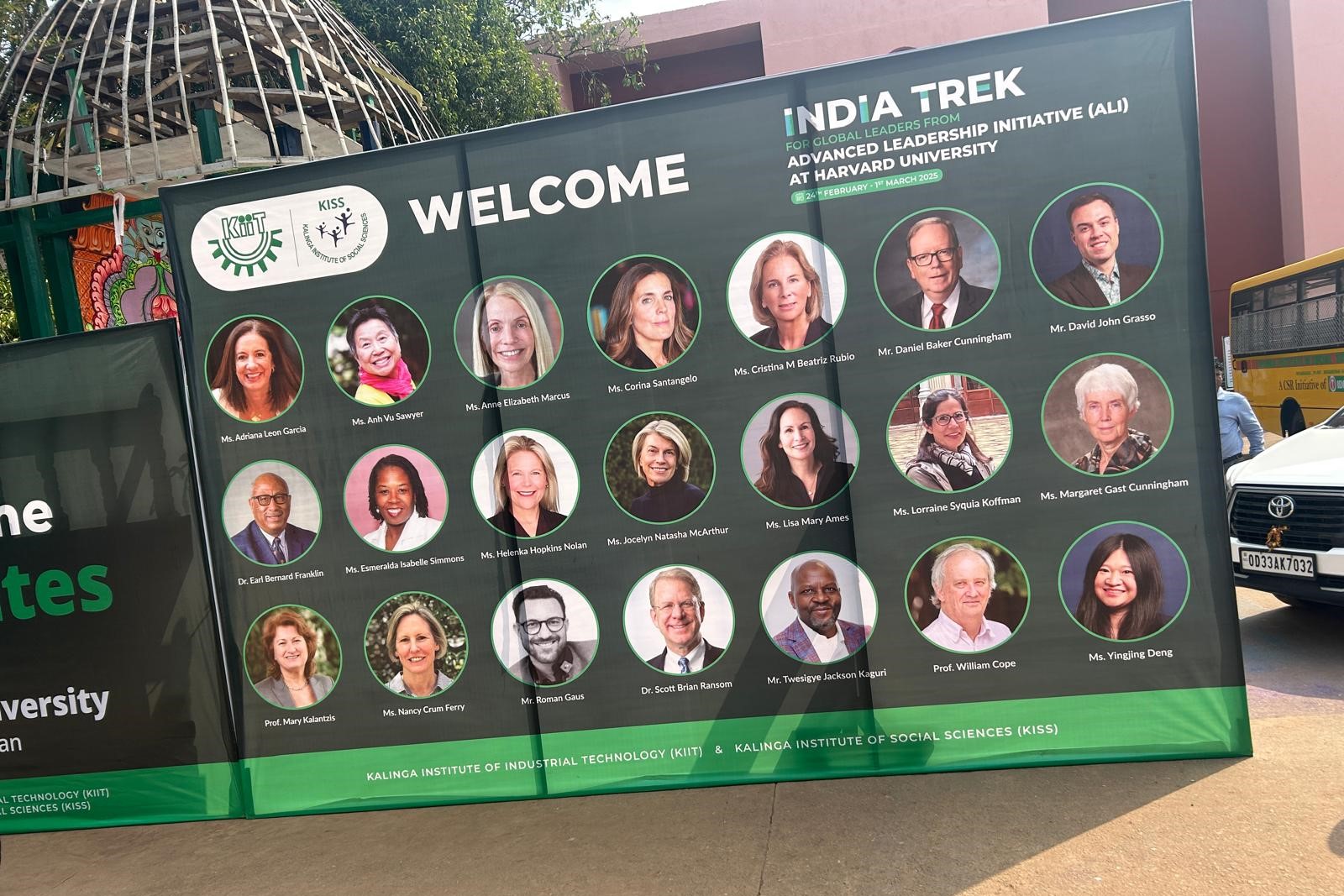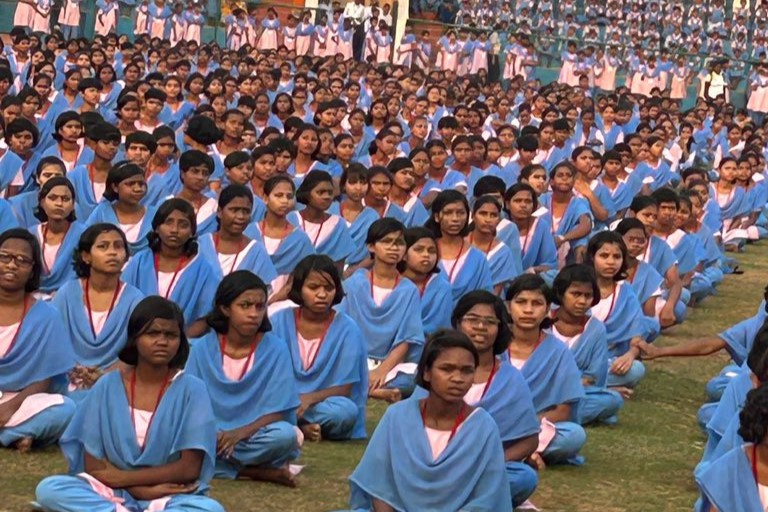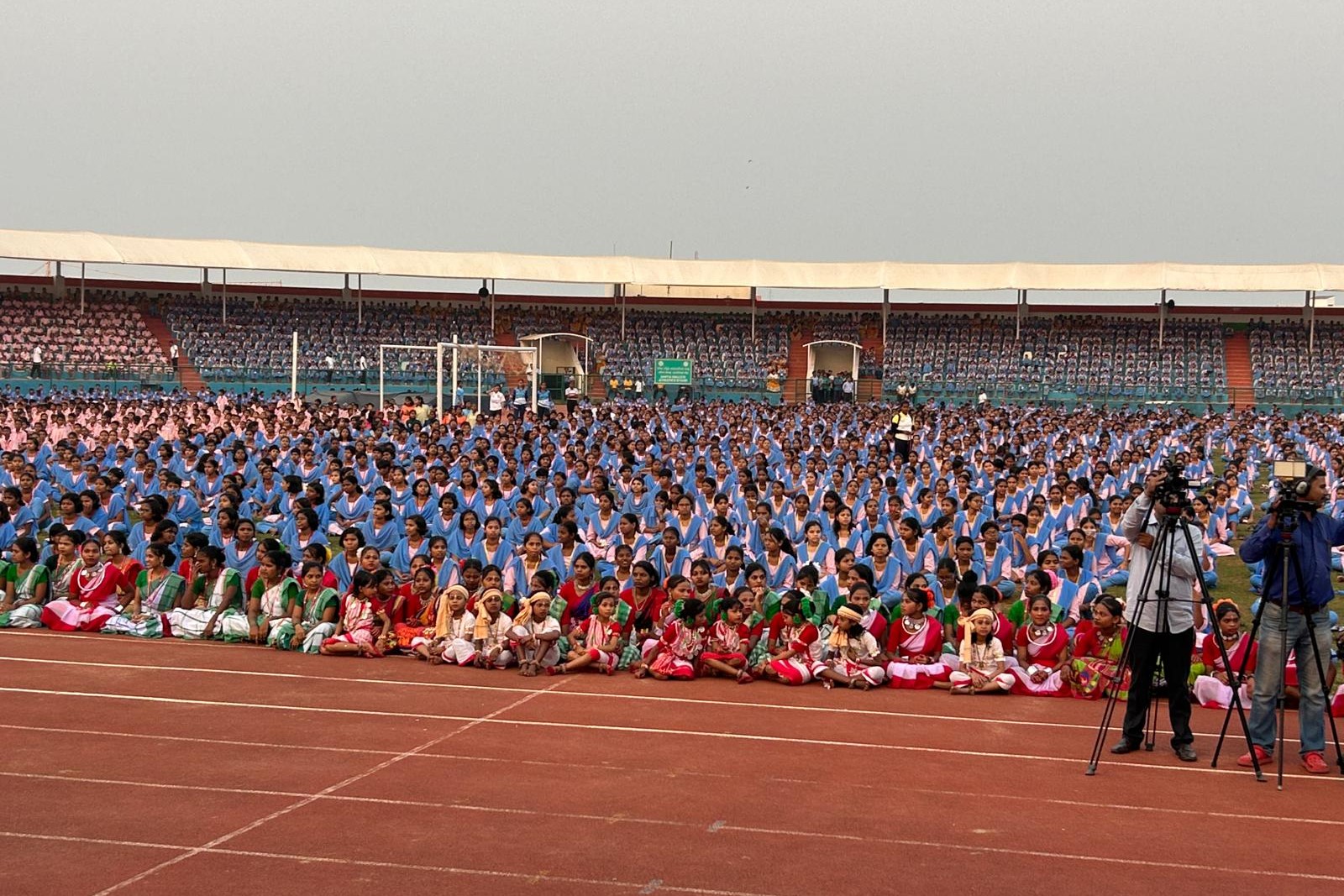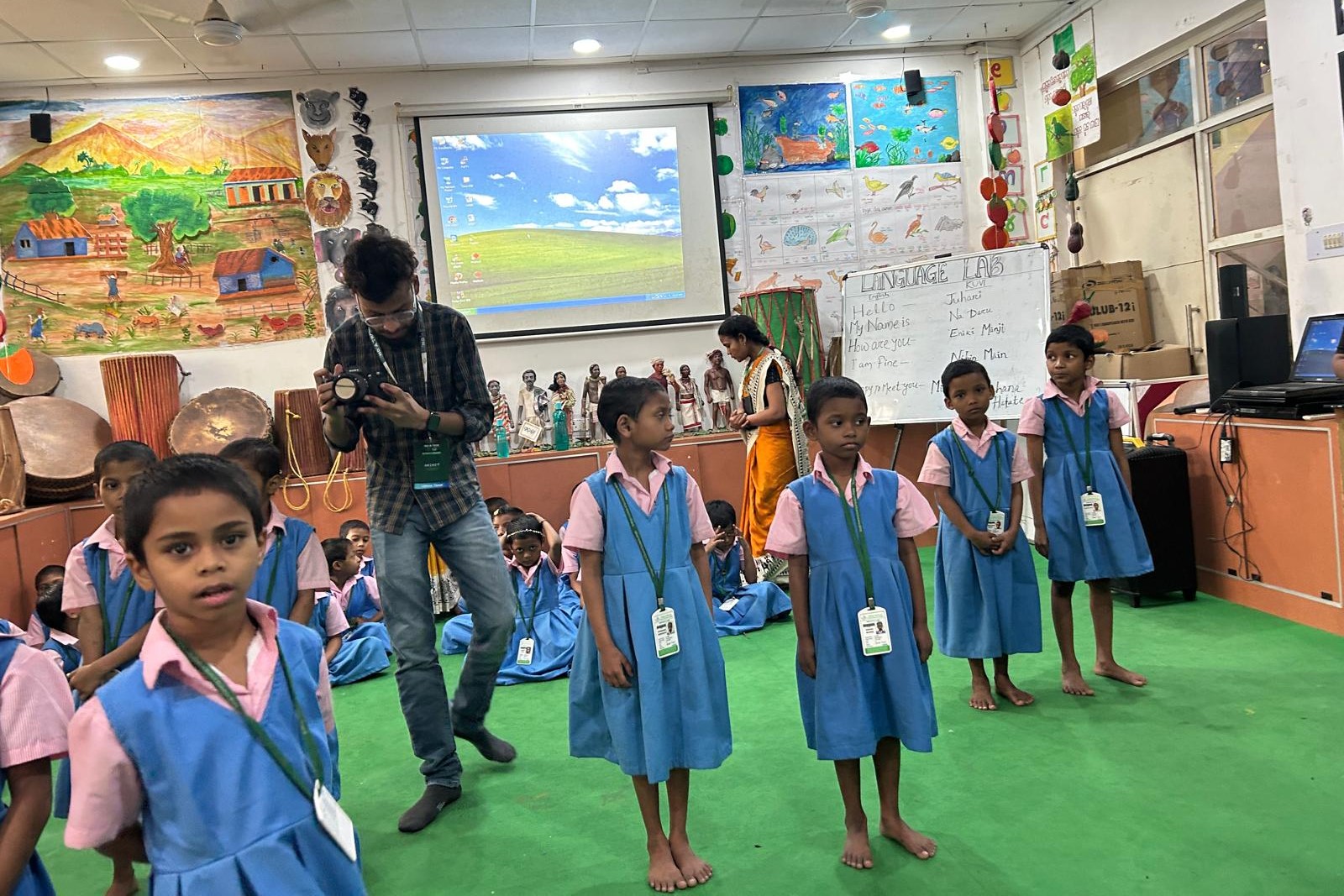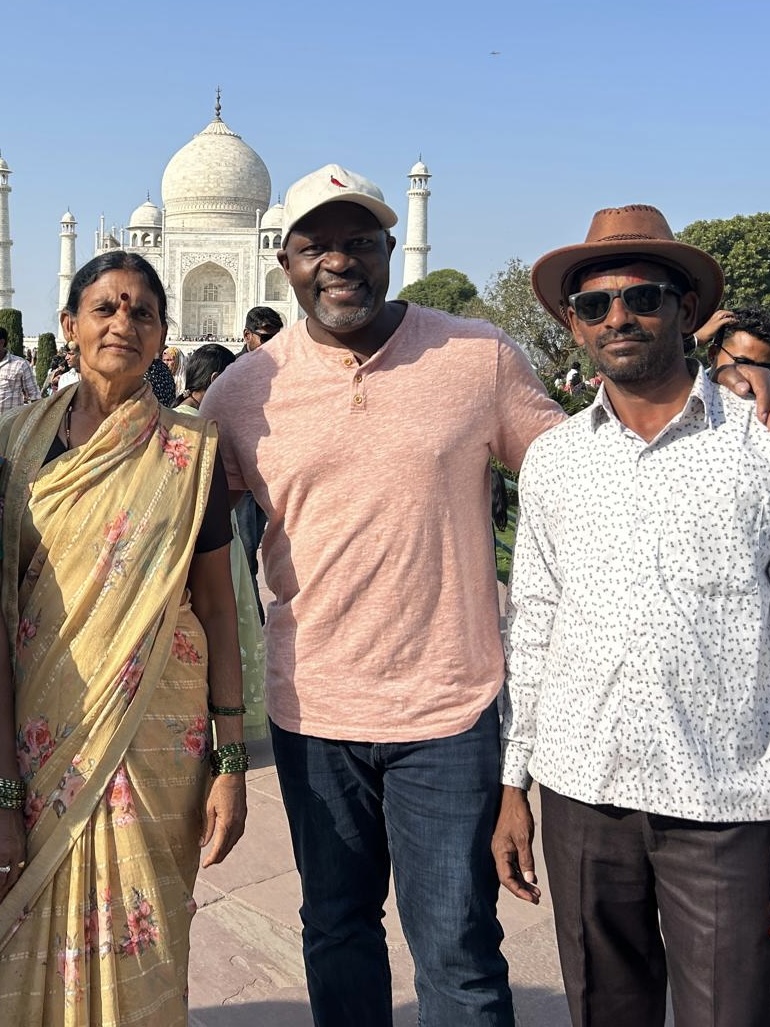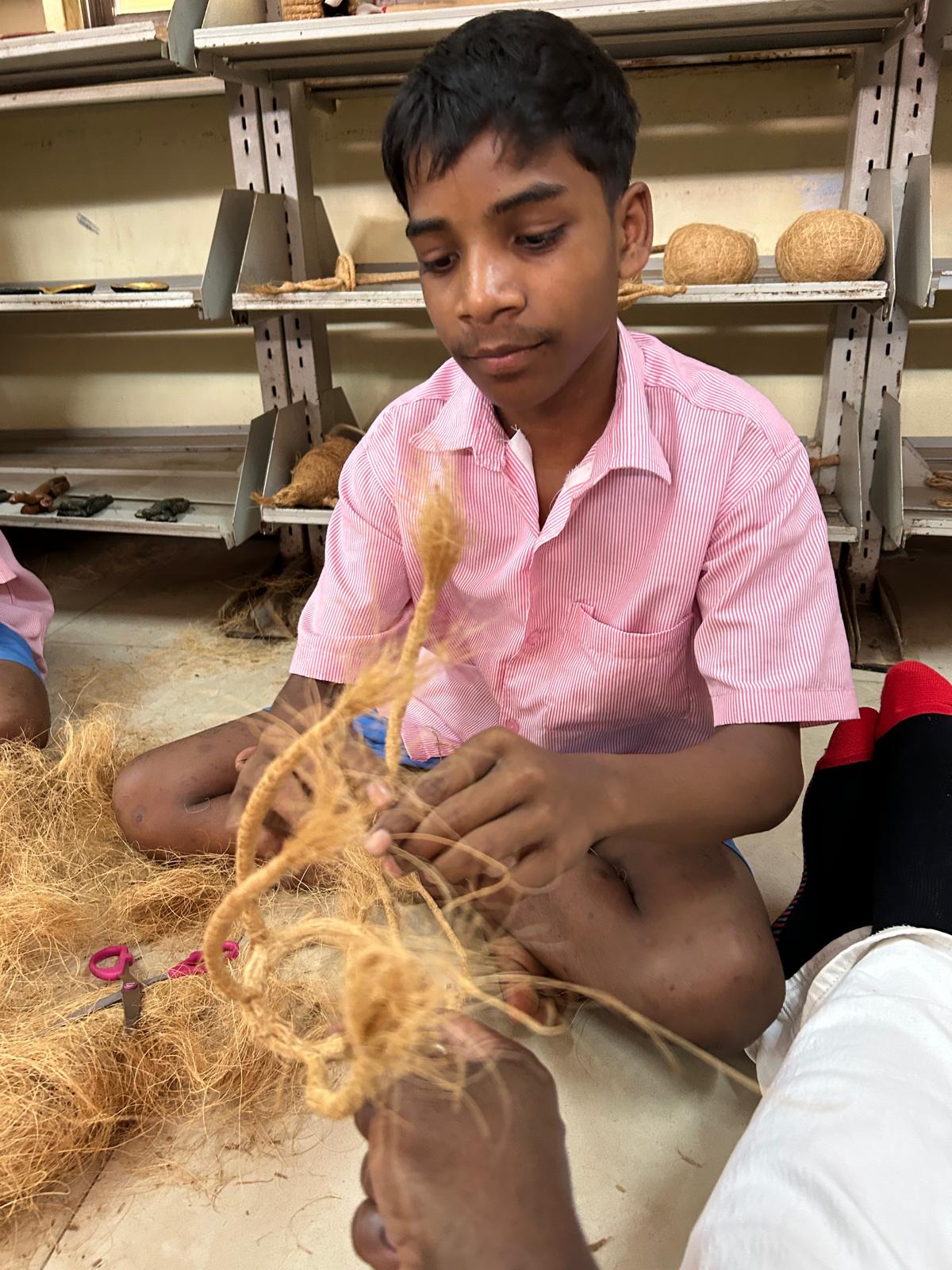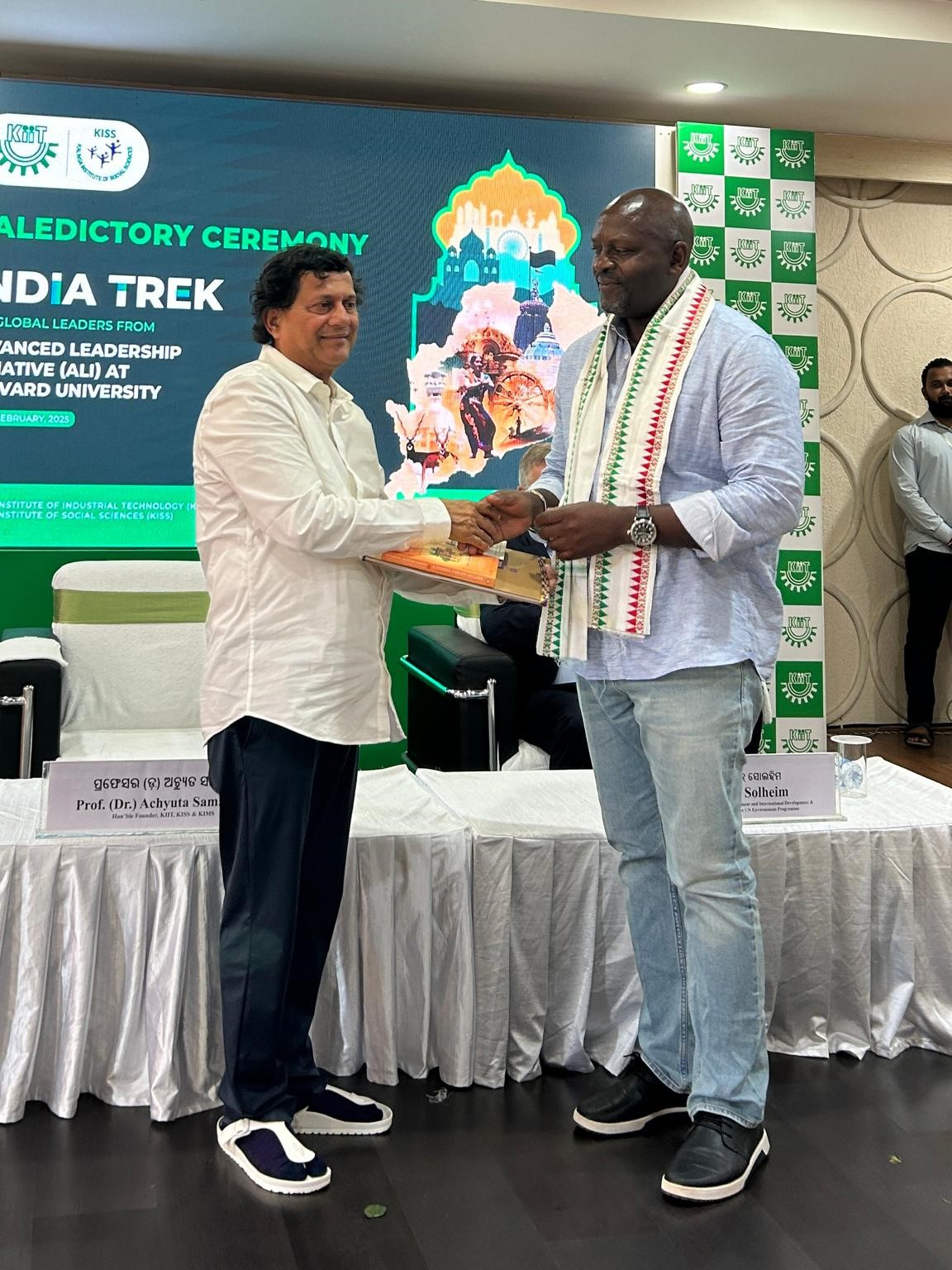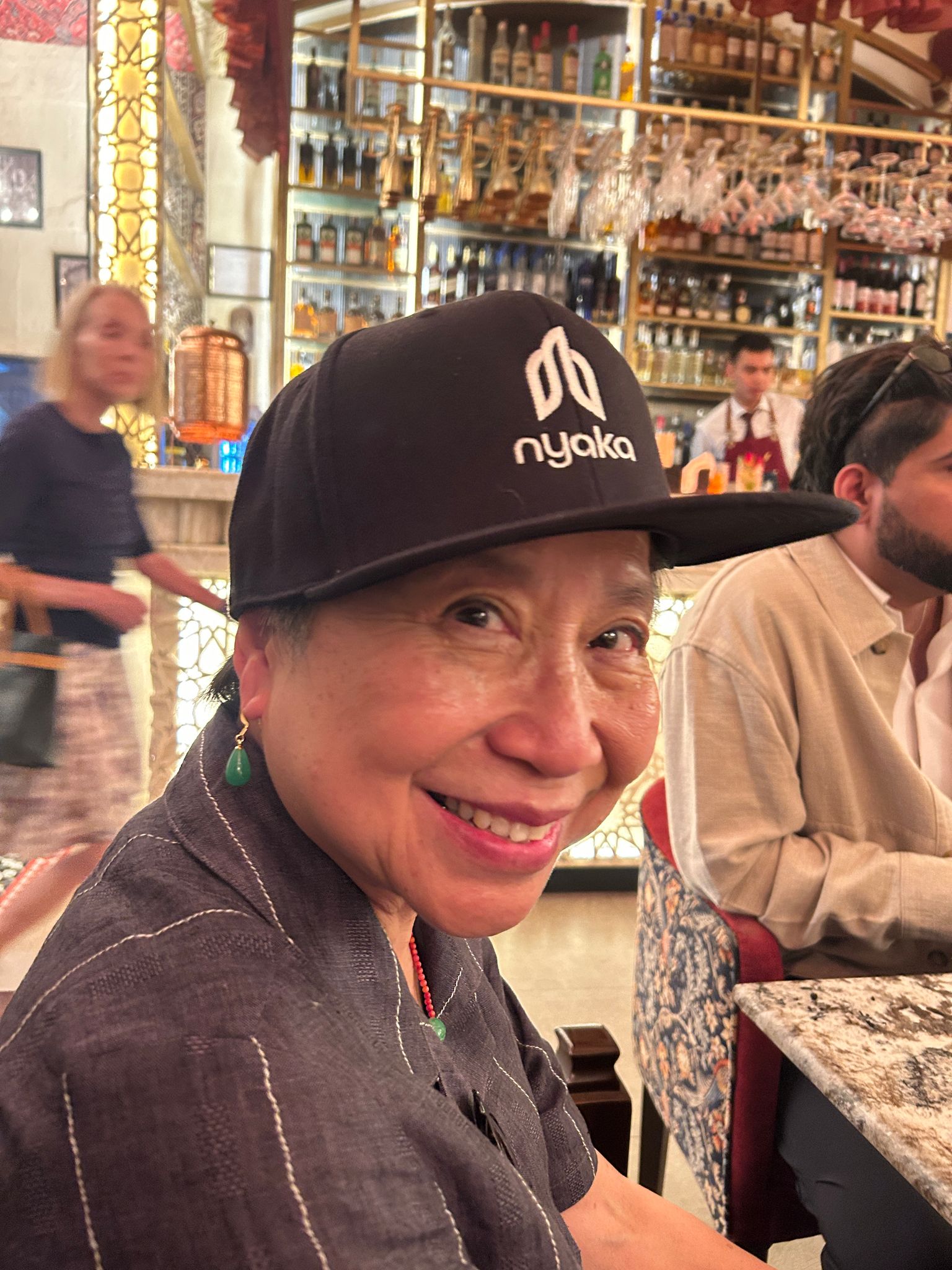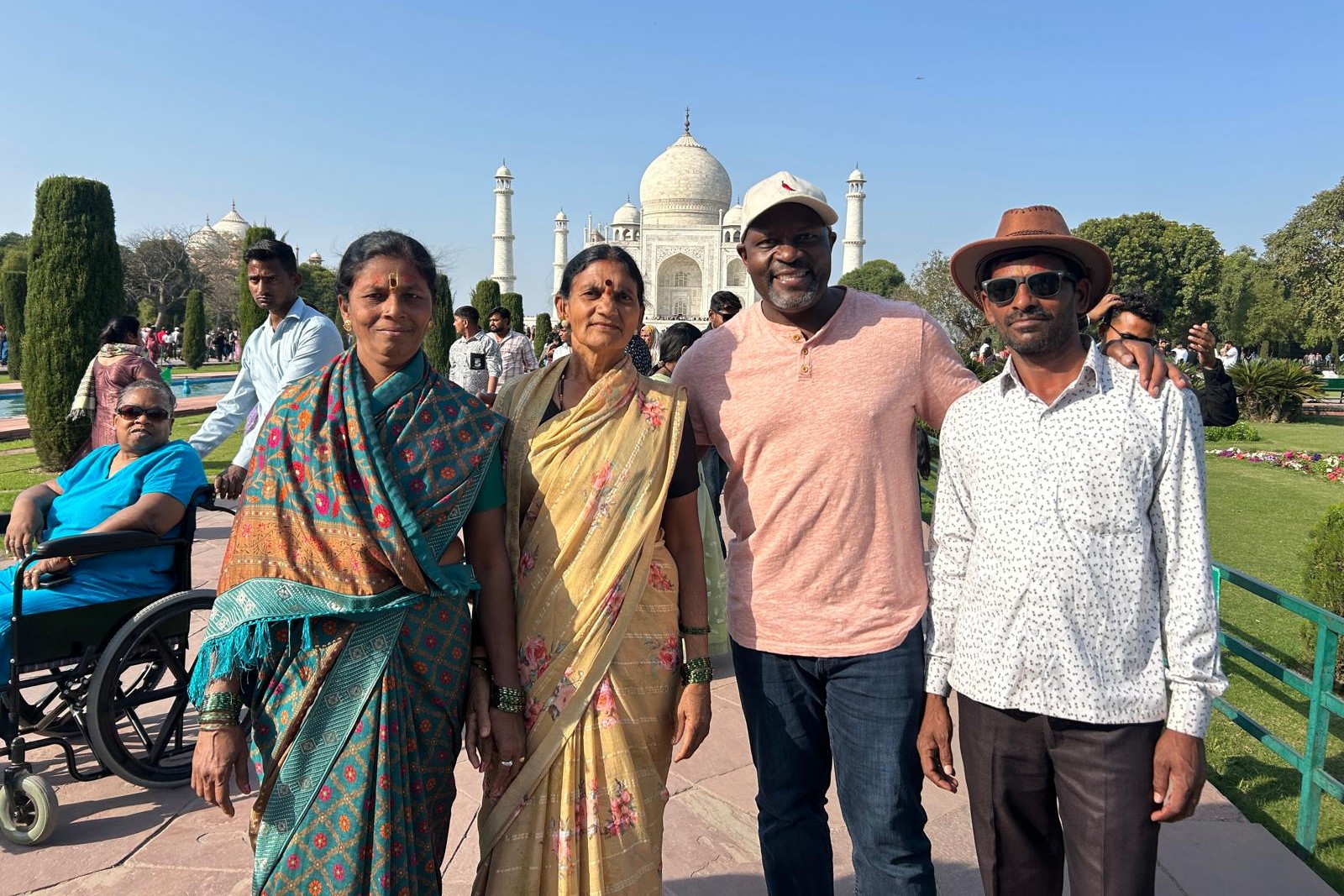For Jackson Twesigye Kaguri, the power of education has always been the cornerstone of transformation. As the founder of Nyaka, a nonprofit dedicated to providing education and holistic support to orphans and vulnerable children in Uganda, he has spent the past 24 years building a model of change that uplifts communities. But even after decades of championing education, his recent visit to India proved to be a revelation that reignited his passion, sharpened his vision, and reinforced his commitment to social impact.
Kaguri was part of a prestigious visit organized by Harvard University’s Advanced Leadership Initiative (ALI), bringing together social entrepreneurs and NGOs from around the world. His destination: the Kalinga Institute of Industrial Technology (KIIT) and the Kalinga Institute of Social Sciences (KISS) in Bhubaneswar, Odisha.
From the moment he stepped onto the KIIT campus, Kaguri was struck by the scale of impact the institution had achieved.
“From the stories I was told before I came, it seemed too good to be true,” he reflected. “But reality set in as soon as I stepped my first foot on the KIIT gates.”
The Kalinga Group of Institutions, founded by Dr. Achyuta Samanta, has become a beacon of hope for thousands of underprivileged students, providing free education, healthcare, and livelihood support. The institution’s holistic approach to education resonated deeply with Kaguri, who has long believed that education is more than just academics but about nurturing the whole individual.
Kaguri’s time in India was filled with thought-provoking conversations, knowledge-sharing, and symbolic exchanges.
“Having run Nyaka for 24 years, everything that involves education & social impact sounds like music to my ears,” he remarked.
Among the highlights was his meeting with Erik Solheim, a renowned environmentalist and diplomat, where discussions revolved around sustainability and global development.
One of the most meaningful moments of his visit was the exchange of books and commemorative scarves with Dr. Samanta a symbolic gesture of shared values and a commitment to furthering education for the underprivileged.
“I was honored to share my books with him,” Kaguri noted, emphasizing the importance of storytelling in inspiring future generations.
The visit also provided Kaguri with an opportunity to reflect on Nyaka’s journey and its potential for growth. Witnessing the immense impact of KIIT and KISS ignited a renewed sense of urgency in him.
“We need Nyaka at such a level or even more! So help me God,” he declared.
The experience challenged him to think bigger, dream bolder, and push Nyaka’s mission to greater heights.
Beyond institutional learning, Kaguri’s week in India was also a personal journey of discovery that involved learning, unlearning, and relearning. He left with a treasure trove of knowledge on current affairs, alternative perspectives, and historical context. More importantly, he gained a deeper understanding of the power of collaboration and collective problem-solving, a core principle of ALI Harvard.
As he returned home, Kaguri carried with him not just memories, but a concrete vision for Nyaka’s future.
“Next chapter is developing a social impact strategy that drives positive change,” he affirmed.
Inspired by the transformative models he witnessed, he is now more committed than ever to applying these insights to Nyaka’s programs.
For Kaguri, the journey to India was more than just a professional engagement, it was a reaffirmation of his lifelong mission. It was a reminder that education remains the most powerful tool for breaking the cycle of poverty. And as he continues to build Nyaka, he does so with a renewed fire, fueled by the knowledge that the impact of one committed individual, one empowered community, and one well-educated generation can indeed change the world.
